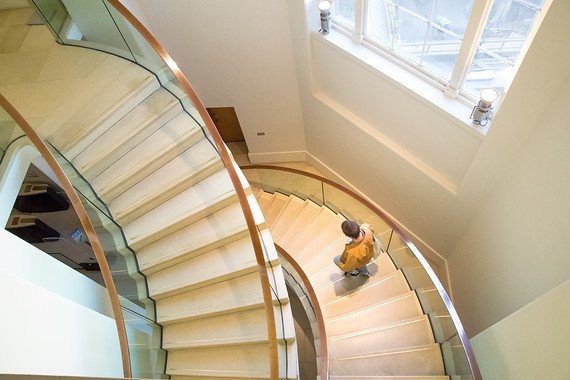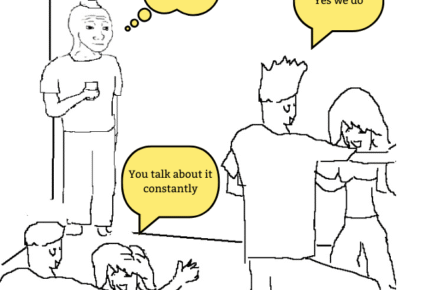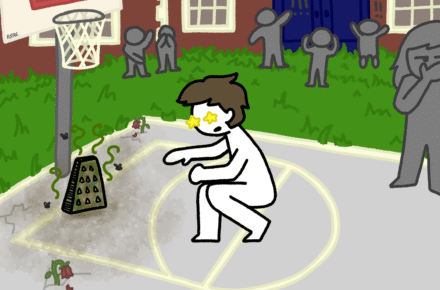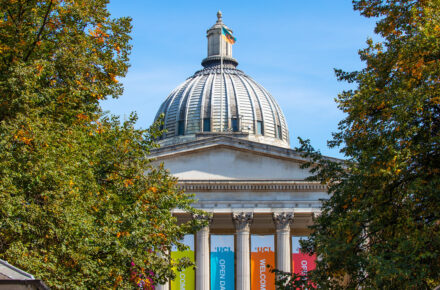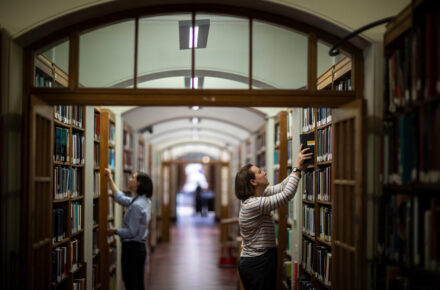Eleanor Corney
Young people are always told that they are the future. When did it become acceptable for others to control theirs?
2020 has been a year unlike any other, so when the exams of thousands of GCSE and A Level students were cancelled, can we really say that we were prepared for such news? The announcement, which preceded the 19th of March, at once rocked the boats of thousands of young people across the UK, many of whom were planning to return to school after a short period of time, ready to sit the exams for which they had spent years preparing.
The mist of uncertainty clouded our minds as we frantically sent emails to our teachers and texts to our friends to celebrate what felt like a weight off our shoulders. The hope that things would get easier from here was false, things were about to evolve in ways in which none of us were prepared for.
After the momentary euphoria disappeared, we were battling with unanswered questions, the main one being, how exactly would we obtain our university places, and there was no clarity from the government about how we would be awarded our grades. We were promised that the government would continue to work with OFQUAL, our exam body, to “ensure that children get the qualifications that they need.”
Immediately after that, the list of unanswered questions grew longer and fears grew over university admissions for the coming academic year. It was soon confirmed that there would be a standardisation model put in place, which would ensure that our grades would be “robust.” This included a system of a rank order, where student’s grades would then be adjusted accordingly, based on the rank order, and there was also to be a heavy focus on a school’s historical data.
Statistically, private schools in affluent areas performed better in exams than state schools in deprived areas, with researchers from the UCL Centre for Longitudinal Studies and the UCL Institute of Education concluding that ‘private school pupils gain one A-level grade over state rivals.’ Fears grew over the possibility of unfair grading for the bright students in state schools. I have attended state schools throughout the duration of my schooling, my secondary school was in the bottom 3 schools for 2019 A Levels results in my borough, so already our historical data was not looking promising.
However, my year group was told that we had already exceeded the grades of the previous cohort in our December mock exams – how were we meant to prove this progression if we were not even able to individually appeal our grades? Results day approached and despite one class in my school having 26 out of 27 students’ results downgraded, we were still being assured, in the words of our Prime Minister, that our results were ‘robust, they’re good’.
However, a week later he was saying that the standardisation model was a ‘mutant algorithm.’ Was it ever possible for young people to have faith in someone who wasn’t even sure if our grading was successful?
Despite the U-turn, an appeals system was still something we needed. Many students still feel let down by the grading system. There have been many shortcomings regarding the exam’s fiasco of 2020, and it has revealed the grade disparities between areas, school types and certain ethnicities. Due to the problems surrounding A Level exams in 2020, many students have now had to reshape their life plans due to no longer being able to attend university, it has also become increasingly difficult to find a job during the gap year that many of them have had to take, due to the current state of the economy.
There are fears that employers will view us as the ‘COVID cohort,’ which will lead them to undervalue the validity of our A Level grades. Additionally, even the students who are attending university this year are harbouring fears that they are paying for an improper education, due to the fact that most universities are going virtual.
Despite this year’s A Levels being something of the past, we still have a way to go to ensure that the grading in future years is fair, should this ever happen again.
This appeared in CG Issue 73

